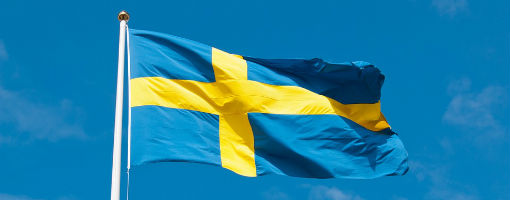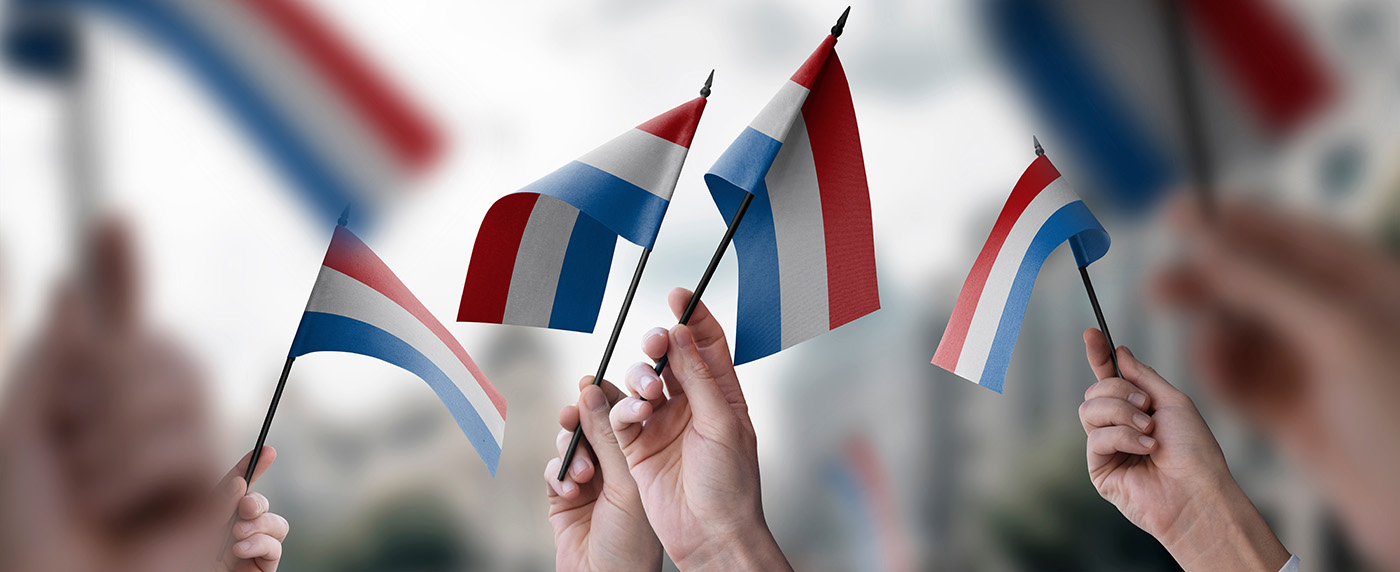Danish pension fund AkademikerPension has urged Nordea to clarify how its new lending policy for fossil fuel companies aligns with its long-term climate goals and the scientific frameworks provided by the International Energy Agency (IEA) and the United Nations’s Intergovernmental Panel on Climate Change (IPCC).
In a letter to Nordea, AkademikerPension stated that, as a major investor in Nordea Bank with DKK 150m invested in the bank’s shares, it is “deeply concerned” about Nordea's recent decision to adopt a more lenient lending policy towards oil and gas companies.
The fund said that with this decision, the bank has taken a course of action that is, in its assessment, incompatible both with climate science and Nordea’s own objectives for sustainable finance.
AkademikerPension stated this, therefore, is a decision that involves “significant” reputational risks as well as long-term business risks.
"The oil companies do not close down by themselves – therefore it is crucial that the financial sector takes responsibility,” AkademikerPension, chief investment officer, Anders Schelde, said.
“Nordea has previously moved in the right direction, but the decision to ease the lending policy for new fossil fuel production is deeply disappointing. This increases the need to put pressure on the bank to at least refrain from financing new oil projects.”
The letter explained that Nordea justified the policy shift by referencing the geopolitical landscape and the need to make Europe independent of Russian energy.
The fund acknowledged that although this is a “legitimate and important” goal, it said that the link between this goal and a more lenient lending policy does not hold, and the bank’s new policy represents a marked departure from its previous climate stance.
“In this context, the bank’s continued exclusion of dedicated project financing for expansion, unconventional extraction, and Arctic extraction does not carry much weight, as capital, as is well known, behaves like water: it flows downward,” it said.
“When the bank now opens up to lending to parent companies behind such projects, it will undoubtedly lead to more of these projects.”
The fund said that according to the IEA, which Nordea has highlighted as a central reference point for its climate management, there is no room for fossil fuel expansion involving new oil and gas fields in a world that aims to comply with the Paris Agreement and limit global temperature rise.
It pointed out that the IEA has explicitly stressed that the energy crisis following Russia’s invasion of Ukraine does not change this – quite the contrary.
Instead, the agency has said that the crisis has only reinforced the need for a faster transition to renewable energy sources and improved energy efficiency, rather than new fossil investments.
Given this, the fund said that Nordea’s new course does not appear to be a strategically necessary response to a supply crisis, but rather a weakening of the bank’s previous climate policy.
“Quite simply, there is no coherence between the goal of European energy security and the means of more lenient financing of the fossil fuel sector,” the letter stated.
“Nordea has previously positioned itself as a financial actor that understands the responsibility that comes with operating a long-term, sustainable banking business.”
The fund also highlighted that in 2024 it had a constructive dialogue with the bank regarding climate-related financial risk, which led to the press release on Nordea further expanding annual sustainability reporting.
In that release, Nordea emphasised the bank’s ambition to provide clearer reporting on financial, legal, and reputational risks associated with investments in companies that are expanding their fossil fuel activities.
Schelde argued that when a “systemically important” bank such as Nordea adjusts its lending strategy, it sends signals far beyond its own portfolio.
He added that AkademikerPension expects the bank to use this position to support, not undermine, a Paris-aligned future and hopes the letter serves as a “starting point for a renewed dialogue on how Nordea can ensure that ambitions and actions remain aligned”.
On the topic, Nordea released a statement that its direction was “clear” as it continues its work with the goal of reaching net zero emissions by 2050 at the latest and reducing the CO2 emissions from its lending portfolio by 40–50 per cent by 2030 compared with 2019.
It said that these goals are aligned with the stance of the IPCC that global emissions must be reduced by 50 per cent by 2030 to meet the goals of the Paris Agreement and said it was important for Nordea to underline this.
The statement also explained that Nordea felt it was more important than ever that Europe can both defend itself and secure its own energy supply given the war in Ukraine and the global challenges creating a new situation in Europe.
“Norwegian natural gas is important for Europe's energy supply and currently accounts for almost half of the EU's gas imports,” Nordea said.
“As a leading bank in all four Nordic countries in which we operate, our position is that we have a social responsibility to help secure Europe's energy supply in these difficult times.
“In the same way that we see a responsibility to support the Nordic countries in building up their defence by securing financing for the defence industry.”
It said that given this, Nordea has decided to continue to finance a few select Norwegian companies that are “critical” for the supply of natural gas to Europe.
However, the bank emphasised that this decision does not mean that it supports unconventional oil and gas projects and it said it refuses to provide project financing for fossil exploration in the Arctic.
In addition, Nordea said it was in a continuous dialogue with its customers on how they can reduce their negative impact on the environment and are therefore not compromising on its climate goals.
It stated that it has carefully assessed that this continued limited engagement can be accommodated within its climate commitments.
It pointed out that it has already reduced its lending to the oil and gas sector by 92 per cent since 2019, with the oil and gas sector now accounting for less than 0.1 per cent of its total lending. It has also reduced its funded emissions from the oil and gas sector by approximately 74 per cent since 2019.
“We believe that we can both help ensure Europe's energy security and continue to contribute to the green transition of our society,” Nordea said.
“It is not a choice between one or the other – we can and will do both. Because the green transition takes time, and there is a need to build a bridge between today's need for independence from Russian gas and a future fossil-free energy supply.”
“We will continue to be open about our progress and approach to the oil and gas sector, which is available to everyone in our report for the sector.”
Data Use:
We will also send you our free daily email newsletters and other relevant communications, which you can opt out of at any time. Thank you.










Recent Stories